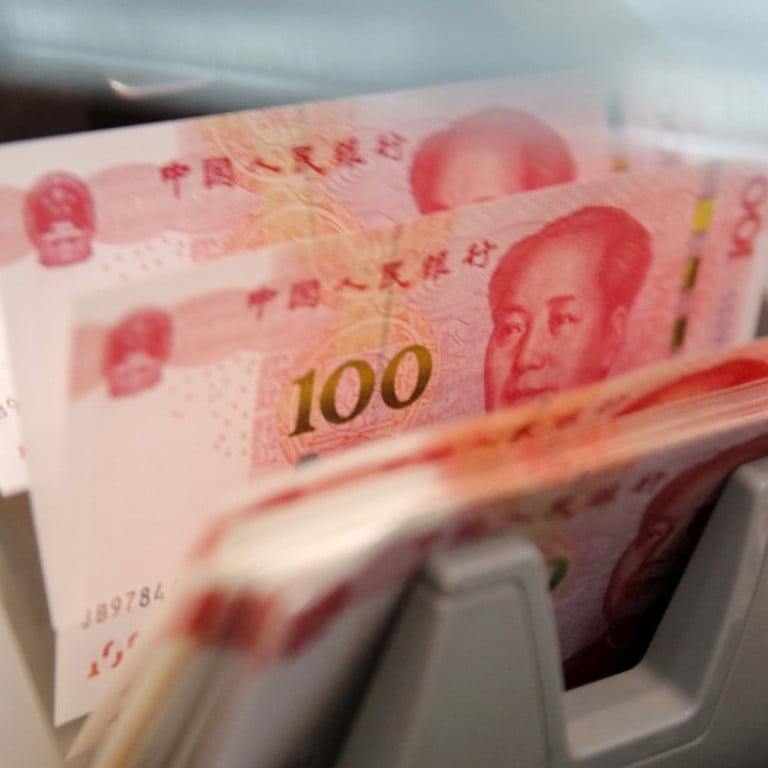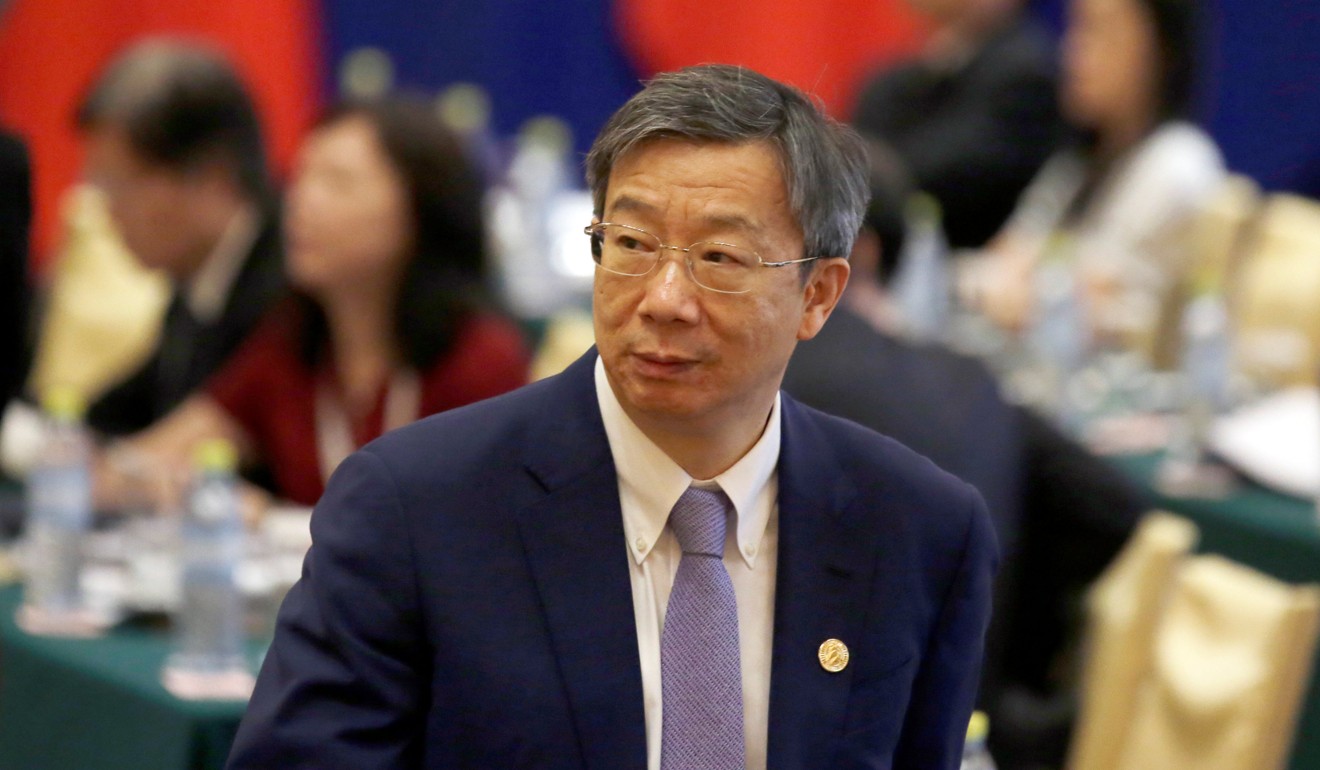
Is China about to let the yuan weaken below seven to the dollar?
After years of ensuring its currency never breached the magical mark, analysts say Beijing might finally be ready to let go
It has long been an unwritten rule in the corridors of Chinese power that the value of the nation’s currency, the yuan, should never fall below seven to the US dollar. On more than one occasion in the past when it looked like it was about to, the central bank intervened and hoisted it back to higher ground.
Such is the People’s Bank of China’s commitment to the task that in December 2016 it threatened to punish “irresponsible media agencies” for reporting that the yuan had weakened past seven to the dollar, stating in no uncertain terms that its value was in fact 6.9666.
But two years on, with the country entangled in a trade war with the United States, and the government shifting its monetary policy to support growth at home, China could finally be ready to give up the ghost on its lucky seven marker.
IMF chief Lagarde dismisses idea Beijing is manipulating the yuan as Washington turns up the heat
Yu Yongding, a leading economist and former adviser to the central bank, said in an article published by the official China Securities Journal on Thursday that the PBOC should not intervene even if the yuan weakened below seven to the dollar as long as it maintained control of its capital account.
Liu Shijin, a member of the central bank’s monetary policy committee and senior government adviser, said in an article published in the official Economic Daily on Tuesday that it was wrong to stipulate a specific level for the yuan’s exchange rate.
“Some people argue that China should defend the seven and others argue it should let the yuan to break the seven,” he said. “[But] both schools neglect the importance of a dynamic balanced exchange rate mechanism, which is crucial.”
Equilibrium for the yuan’s exchange rate was not fixed but constantly changing, he said, giving another strong hint that Beijing is ready to give up the arbitrary marker.

The yuan has weakened by about 6 per cent against the US dollar since the start of the year. On Thursday, the onshore rate fell to 6.9271, while the offshore rate in Hong Kong dropped as low as 6.94 before rebounding to 6.9165.
Ding Shuang, chief China economist at Standard Chartered, said that among Beijing’s policymakers and researchers there were two distinct schools of thought on the exchange rate issue: one that lobbied for flexibility, and the other for stability.
While in recent months it appeared the “pro-stability” camp had held sway on the issue – the central bank reintroduced its counter-cyclical factor for calculating the yuan’s exchange rate and required currency traders to put down 20 per cent margin when short selling it – the “pro-flexibility” group was making ground, Ding said.
China won’t back down in trade war with US: commerce minister
However, if Beijing were to let the value of the yuan slide it could lead to further criticism from Washington, which has accused it of manipulating its currency to offset the impact of additional trade tariffs.
On Wednesday, the Financial Times said US Treasury Secretary Steven Mnuchin had warned Beijing not to engage in the competitive devaluation of its currency, quoting him as saying that the Treasury monitored currency issues “very carefully” and that the yuan had fallen “significantly” during the year. He said also that he wanted to discuss exchange rates with Beijing as part of their trade talks.
Trade war: China ‘risks disengagement with US unless it changes’
Huang Yiping, a professor at Peking University who used to sit on the PBOC’s advisory board, said at a forum this week that Washington wanted a stronger yuan even though market fundamentals pointed to it weakening.
Meanwhile, Larry Hu, chief China economist with Macquarie Capital, said in a note that Beijing wanted to achieve greater exchange rate flexibility to pave the way for the opening up of its financial markets, but was waiting for the right time to let the yuan slip below seven to the dollar.
“It’s a hard call on whether seven will be broken,” he said. “The PBOC may need a stronger US dollar, such as an index level of 100, for it to happen.”

